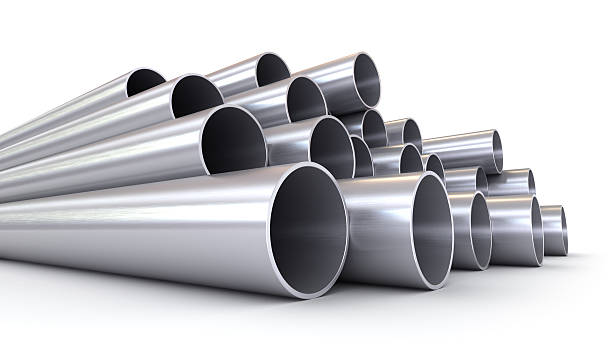
Stainless steel thin wall tubing or duplex tubing is made with an all-thickness-to-diameter ratio of less than 6%. This tubing has revolutionized the landscape of industrial tubing with its incredible properties. They are used in low-pressure, high-sensitivity, and low-temperature applications. They are made of different grades and various standard specifications. Thin wall stainless steel tubes are now widely applied for the construction of natural gas pipelines. Let us explore the benefits of thin wall stainless steel tube.
Advantages of Thin Wall Stainless Steel Tubing
One of the main benefits of thin-walled stainless steel is its cost-effectiveness. The energy and money required to create a thicker walled stainless steel tube is higher than a thinner one since the height of the cross-section is thicker. The construction of a thin wall with a large diameter stainless steel tube is welded construction, so the rate of completion is faster. Hence, most companies that are looking for affordable options opt to purchase light wall stainless steel tube.
In regular walled tubes, the surface area for welding is smaller. However, the thickness makes it longer to create good quality weld. The thicker the width of the cross-section, the slower the weld will occur. Hence, the time required will also be inversely proportional. Stainless steel tubes can be easily recycled since the time taken for steel to melt is quicker than the thick-walled counterparts.
Thin-walled stainless steel tube work well with precision instruments. These instruments should be light in weight for ease of performance. The use of heavy components reduces the efficiency of precision instruments. Though stainless steel is versatile and used for multiple applications, the specificity of the application will influence the type of steel used.
Metallurgical Excellence
The unique metallurgical composition of thin wall stainless steel tubes offers excellent performance. These tubes feature duplex structures with both austenitic and ferritic stainless steel phases. They amalgamate the corrosion resistance of austenitic steel with the high mechanical Strength of ferritic steel. This gives a material that surpasses traditional options and provides the right blend of durability and performance.
Corrosion Resistance
One of the main advantages of thin wall stainless steel pipes is their incredible resistance to corrosion, which holds great importance in industries that have applications in aggressive environments and corrosive substances. The dual-phase structure of thin-walled stainless steel tubes acts as a defense mechanism against various forms of corrosion like crevice corrosion, insidious pitting, and stress corrosion cracking. Hence, these tubings find their application in chemical processing, marine engineering, oil and gas, and other corrosive environments.
Mechanical Strength and Durability
Thin wall stainless steel tubes exhibit excellent mechanical Strength, which makes them well-suited for applications that demand high tensile Strength and toughness. They are suitable for industries such as construction, where structural integrity is needed, and also in transportation, where tubes should withstand extreme conditions.
Key Takeaways
There are many advantages to using thin wall stainless steel tubing, and they play a pivotal role in various industrial applications. Its mechanical Strength, versatility, and corrosion resistance offer a comprehensive solution to the diverse needs of industries.
Featured Image Source : https://media.istockphoto.com/id/498127375/photo/stack-of-stainless-steel-pipes-isolated-on-white.jpg?b=1&s=612×612&w=0&k=20&c=hP0wPndnJIuG-OZ0xS7KAGZO-Ya9voGBi0i20GscxjU=
